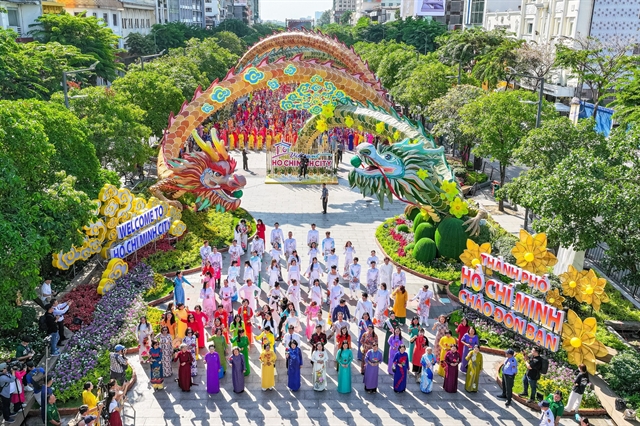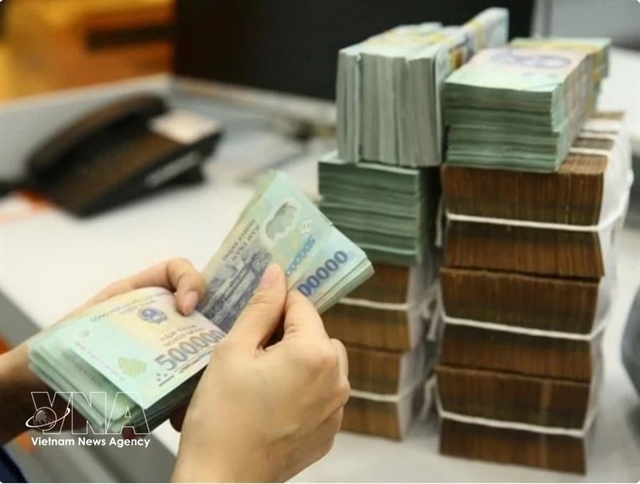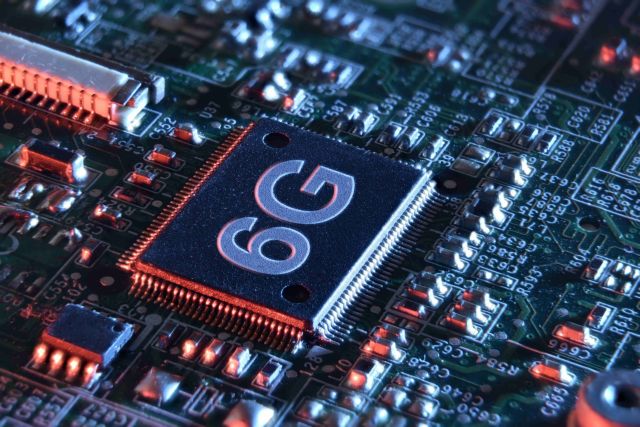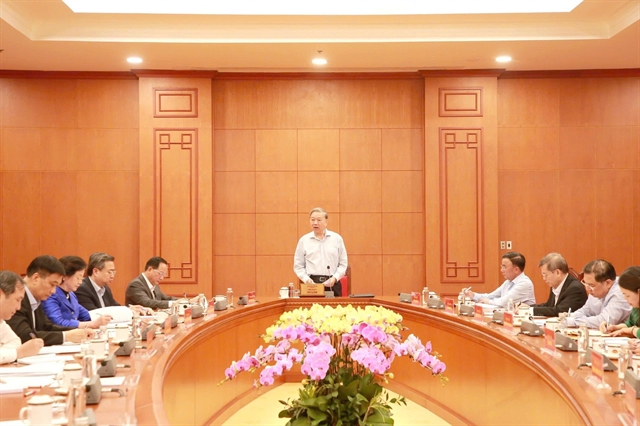 Politics & Law
Politics & Law
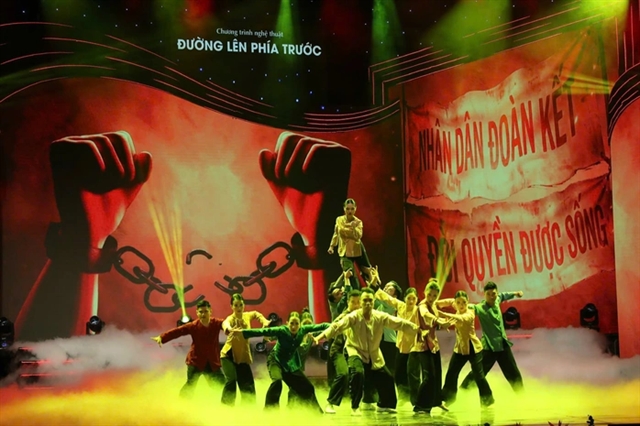
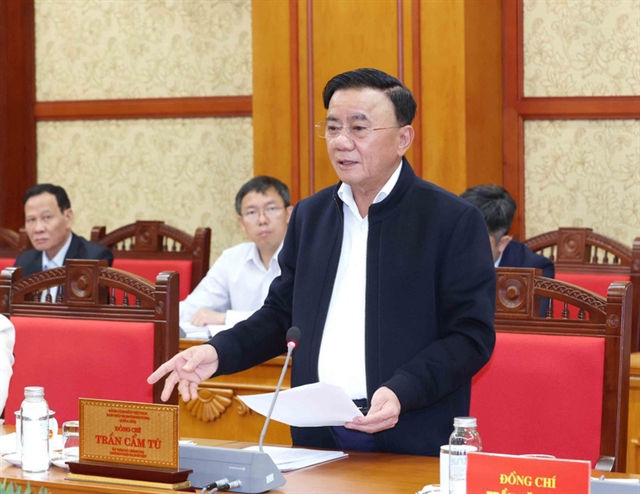 |
| Politburo member and Permanent Member of the Party Central Committee’s Secretariat Trần Cẩm Tú VNA/VNS Photo |
HÀ NỘI — Politburo member and Permanent Member of the Party Central Committee’s Secretariat Trần Cẩm Tú on October 31 signed off Conclusion No. 201-KL/TW of the Politburo and the Secretariat on the organisation of the congresses of the Party organisations under the Party Central Committee for 2025–2030, and on some key tasks for the coming period.
According to the document, at their meeting on October 31, after listening to a report by the Party Central Committee's Organisation Commission that reviews the organisation of the congresses of the Party organisations under the Party Central Committee for the 2025–2030 tenure (Report No. 520-BC/BTCTW, dated October 27, 2025), the Politburo and the Secretariat concluded that first, they basically agreed with this review report.
They praised the Party committees and organisations under the Party Central Committee, as well as its commissions, particularly the Organisation Commission, the Inspection Commission, and the Office of the Party Central Committee, for their efforts to give advice on and successfully organise the congresses in line with the Politburo's Directive No. 45-CT/TW, issued on April 14, 2025.
Second, the Politburo and Secretariat requested the Party committees and organisations under the Party Central Committee to immediately implement post-congress tasks and prepare thoroughly for the 14th National Party Congress, focusing on several key areas.
In particular, the Party committees and organisations must quickly complete and issue working regulations, working programmes for the entire tenure, and action plans for implementing the resolutions of the congresses; and assign personnel to the Party committees, their standing boards, deputy secretaries, secretaries, and key leadership positions of People’s Councils, People’s Committees, and departments in line with the approved personnel plans. The implementation of these tasks must ensure democracy, objectivity, and compliance with the stipulated processes, while securing consensus and promoting solidarity, innovation and emulation movements to create new momentum for and confidence in taking action. The congresses’ resolutions must be disseminated to the grassroots level and carried out swiftly, with the immediate focus on achieving and surpassing the tasks set for 2025.
The Party committees and organisations were requested to comprehensively perfect the regulations pertaining to the functions, duties, power, and apparatus structure of agencies, units, and organisations in the political system to support fast and sustainable national development. They have to step up power decentralisation and administrative procedure reform, ensuring efficiency and consistency with the new two-tier local administration model. The new regulations on personnel affairs, especially personnel evaluation, must ensure democracy, transparency, impartiality, and objectivity, and be carried out continuously and multidimensionally, focusing on task performance results.
They must continue implementing the policy that all chairpersons of the People’s Committees, heads of inspection boards of the Party committees, and chief inspectors of provincial-level localities must not be local residents, with task completion before December 15, 2025.
The Party committees and organisations must strengthen communications and public opinion guidance; safeguard internal political security and state secrets; defend the Party’s ideological foundation and resolutely counter all plots, schemes, and acts aimed at sabotaging the Party and the State; firmly refute false, distorted, and harmful information, especially in cyberspace, related to the preparation for the Party congresses; and strictly handle any violations.
They were requested to focus on preparations for the 14th National Party Congress, including refining the draft documents to be submitted to the 15th meeting of the Party Central Committee, based on feedback from all-level Party congresses, National Assembly deputies, intellectuals, scientists, and people from all social strata. — VNA/VNS

